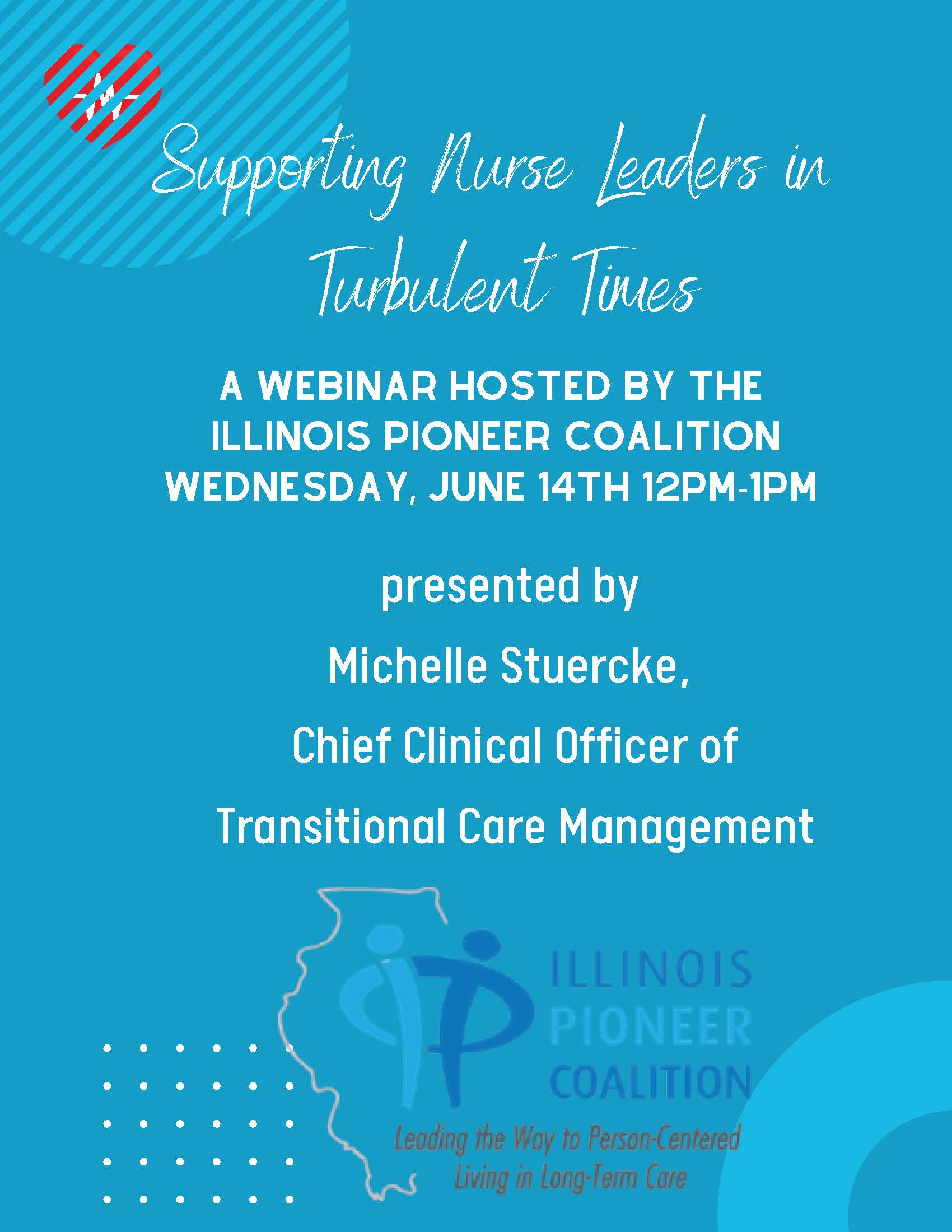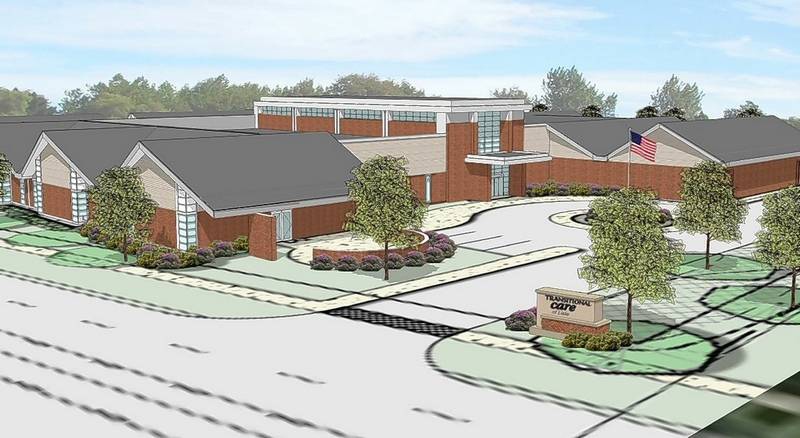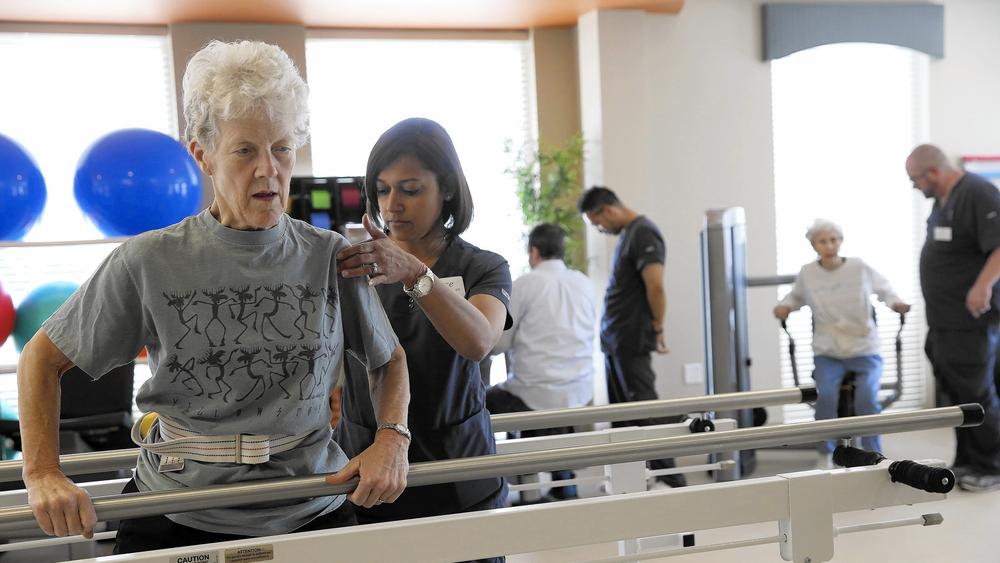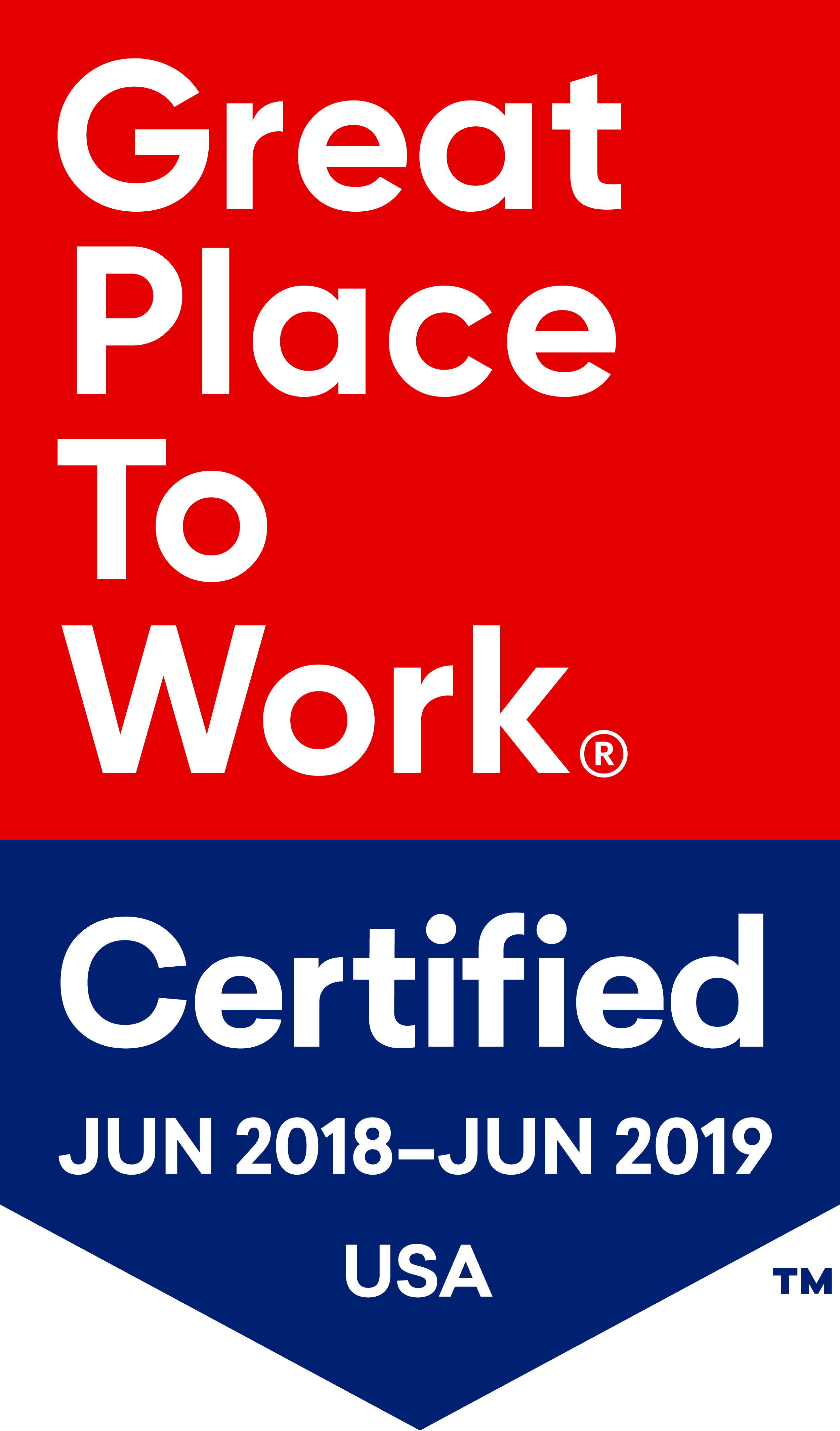The RAC is back, increasing scrutiny in a complex nursing home audit environment
by Transitional Care Management
02 19, 2024 | Posted in Press | 0 comments
 Transitional Care Management Director of Clinical Reimbursement Sabrina McCarley, MBA-SL, OTR/L, CLIPP, RAC-CT, QCP, FAOTA, offers her expertise in the following article from McKnight's Long-Term Care News.
Audits of skilled nursing providers are likely to increase this year, with a growing number of federal and state recovery audits adding to specialized compliance reviews announced last year.
In 2023, regulators instituted audits of facilities using potentially inappropriate diagnoses of schizophrenia, as well as a new, five-claim audit of every US nursing home that was specifically meant to root out improper payments.
Now, routine audits run by the federal Medicare Fee for Service Recovery Audit Program and states looking to ensure payment accuracy through the Medicaid program are roaring back to life.
“While RAC audits practically halted during the COVID-19 pandemic, activity has picked up substantially following the end of the public health emergency,” attorney Amy Fouts wrote in BakerHostetler’s Healthcare Industry 2023 Year in Review published Thursday.
While some of the Recovery Audit Contractor activity is moving toward outpatient services, she warned inpatient providers such as skilled nursing operators to stay vigilant for more scrutiny.
So, too, does Sabrena McCarley, director of clinical Reimbursement for Transitional Care Management.
While she won’t go so far as to call any 2023 increases in RAC activity an “explosion,” she said her company and others who provide billing and compliance support to nursing homes are seeing “an increase in audits of everything.”
“The floodgates, essentially, have opened,” said McCarley, secretary of the National Association of Rehabilitation Providers and Agencies. “When you just talk about the RAC audit, people think, ‘Oh I’m totally excepted. I don’t take Medicare. I’m never going to see an audit.’ … They kind of get in this trap. They’re in a bubble, and then they don’t know what to do when their bubble bursts.”
Transitional Care Management Director of Clinical Reimbursement Sabrina McCarley, MBA-SL, OTR/L, CLIPP, RAC-CT, QCP, FAOTA, offers her expertise in the following article from McKnight's Long-Term Care News.
Audits of skilled nursing providers are likely to increase this year, with a growing number of federal and state recovery audits adding to specialized compliance reviews announced last year.
In 2023, regulators instituted audits of facilities using potentially inappropriate diagnoses of schizophrenia, as well as a new, five-claim audit of every US nursing home that was specifically meant to root out improper payments.
Now, routine audits run by the federal Medicare Fee for Service Recovery Audit Program and states looking to ensure payment accuracy through the Medicaid program are roaring back to life.
“While RAC audits practically halted during the COVID-19 pandemic, activity has picked up substantially following the end of the public health emergency,” attorney Amy Fouts wrote in BakerHostetler’s Healthcare Industry 2023 Year in Review published Thursday.
While some of the Recovery Audit Contractor activity is moving toward outpatient services, she warned inpatient providers such as skilled nursing operators to stay vigilant for more scrutiny.
So, too, does Sabrena McCarley, director of clinical Reimbursement for Transitional Care Management.
While she won’t go so far as to call any 2023 increases in RAC activity an “explosion,” she said her company and others who provide billing and compliance support to nursing homes are seeing “an increase in audits of everything.”
“The floodgates, essentially, have opened,” said McCarley, secretary of the National Association of Rehabilitation Providers and Agencies. “When you just talk about the RAC audit, people think, ‘Oh I’m totally excepted. I don’t take Medicare. I’m never going to see an audit.’ … They kind of get in this trap. They’re in a bubble, and then they don’t know what to do when their bubble bursts.”

2023/2024 Administrator in Training Program Kicks Off
by Transitional Care Management
11 14, 2023 | Posted in Press | 0 comments
Transitional Care Management’s new Administrator in Training program (AIT) provides hands-on, specialized learning and mentoring opportunities.
The nine 2023/2024 participants were invited to expand their horizons (and their career options) with Transitional Care University’s inaugural four-module, 460-hour administrative learning opportunity. They will gain practical career-advancing knowledge and experience in Long-Term Care, Skilled Nursing, Memory Care, and Behavioral Health. Transitional Care University AIT grads earn:- Supplemental, fast-track specialized training that is an ideal “next step” for professionals on an administrative career path
- A certificate of course completion
- Skills to further enhance career progression
- Administrator in Training title
- Opportunity for growth within the organization.

Terrace Care Communities Lead the Way with NEW, Award-Winning Program
by Transitional Care Management
11 14, 2023 | Posted in Press | 0 comments
Transitional Care-managed communities are setting new industry standards!
Terrace Care communities’ new Life Sills program, which features 10 key modules for teaching key skill sets for building competencies in daily routines that are needed to live more independently, earned the 2023 National Association of Rehab Providers and Agencies (NARA) Impact Award. “The purpose of the NARA Impact Award is to recognize excellence in the creation of a program that demonstrates a positive clinical impact, exemplifies a new dimension of performance, and can be easily replicated or adapted,” says Linda Riccio, OT/L, Vice President of Therapy Services (pictured left). “Our new Life Skills program does exactly that!”
Linda collaborated with a team of Terrace Care and Transitional Care experts, including Michelle Stuercke, Chief Clinical Officer and Najat Williams and Yomi Adebogun, Behavioral Program Specialists, to develop and launch the program.
“The Terrace Care Life Skills program is a market differentiator for our communities,” says Charles Ross, Chief Strategy Officer. “It helps us improve census, impress referral sources, reduce re-hospitalization, and improve length of stay.”
Denise Norman, President of Transitional Care Management (pictured lower left) adds,“Most importantly, our award-winning Life Skills program offers staff, residents, and guests a new toolbox of resources to help them better meet mental health and discharge preparation needs. It is a WIN/WIN for all!”
“The purpose of the NARA Impact Award is to recognize excellence in the creation of a program that demonstrates a positive clinical impact, exemplifies a new dimension of performance, and can be easily replicated or adapted,” says Linda Riccio, OT/L, Vice President of Therapy Services (pictured left). “Our new Life Skills program does exactly that!”
Linda collaborated with a team of Terrace Care and Transitional Care experts, including Michelle Stuercke, Chief Clinical Officer and Najat Williams and Yomi Adebogun, Behavioral Program Specialists, to develop and launch the program.
“The Terrace Care Life Skills program is a market differentiator for our communities,” says Charles Ross, Chief Strategy Officer. “It helps us improve census, impress referral sources, reduce re-hospitalization, and improve length of stay.”
Denise Norman, President of Transitional Care Management (pictured lower left) adds,“Most importantly, our award-winning Life Skills program offers staff, residents, and guests a new toolbox of resources to help them better meet mental health and discharge preparation needs. It is a WIN/WIN for all!”

Developing Personal Resilience and Work-Life Balance
by Transitional Care Management
08 16, 2023 | Posted in Event, General, Press | 0 comments

Join Linda Riccio, Vice President of Therapy Services with TransitionalCare Management, for a Zoom presentation identifying the key differences between compassion fatigue, burnout, secondary trauma, and PTSD. You will learn evidence-based tools used to assess compassion fatigue and well-being. Linda will encourage you to voice three self-care strategies you will use to minimize burnout and promote your resilience.
September 14th, 2023, 12:00 pm- 1 pm. $35
Illinois Pioneer Coalition members are eligible for one free CEU.

Supporting Nurse Leaders in Turbulent Times Webinar
by Transitional Care Management
06 13, 2023 | Posted in Event, General, Press | 0 comments
$35 per Community Free CEU's to IPC members

Nurse Recruitment Thought Leadership
by Transitional Care Management
04 12, 2023 | Posted in General, Press | 0 comments
Nurse Recruitment Thought Leadership Hiring immigrant workers for the nursing home industry from start to finish is grueling for operators. Still, leaders in the industry say it’s the closest to a "silver bullet" we have to meet the staffing crisis. Such a long-term investment is marred by glacial immigration processes and skyrocketing costs to bring people over as staffing agencies get in the game. There’s competition from other countries with far shorter wait times for prospective nurses, and Covid caused a backup in applications. Read more about the options for managing this staffing crisis, including insights from Mike Filippo, Transitional Care Management's Chief Financial Officer.

Five Years in the Making, Thrive Sees Post-COVID Upside in Three New Skilled Nursing Facilities
by Transitional Care Management
08 20, 2020 | Posted in Press | 0 comments
 |
Developing new post-acute and long-term care infrastructure during normal times isn’t always easy — in fact, for one Illinois company, the phased opening of three new skilled nursing facilities this year represented the culmination of more than five years of work.
But as COVID-19 continues to reveal the fatal shortcomings of outdated nursing home design, calls for newer facilities with private rooms and a higher level of care have already grown louder, and the team at Innovative Health believes they’ve made the right bet on what seniors and hospital partners will want in a post-pandemic world.
“Time will tell our success, but I think the model is so different that people are really willing to give us an opportunity to show them how different it is,” Innovative Health chief strategy officer Charles Ross told SNN.
The company is two-thirds of the way through opening a trio of new skilled nursing facilities in the western Chicago suburbs of Mundelein, Lisle, and Aurora, Ill., all branded under the Thrive name. The former two are currently open and operational, with the third set to open later this year.
The Mundelein project, Thrive of Lake County, replaced a county-run facility that Innovative Health initially applied to take over on an interim basis around six years ago. The other two, Thrive of Lisle and Thrive of Fox Valley, represent completely new developments, with a total price tag of about $80 million for all three.
Thrive of Lake County’s status as a replacement for an existing nursing home helped to ease the project through Illinois’s certificate of need (CON) process; like many other states, Illinois limits the number of skilled nursing beds that can legally operate in an attempt to prevent oversaturation and, in theory, maintain a high standard of quality.
|
Developing new post-acute and long-term care infrastructure during normal times isn’t always easy — in fact, for one Illinois company, the phased opening of three new skilled nursing facilities this year represented the culmination of more than five years of work.
But as COVID-19 continues to reveal the fatal shortcomings of outdated nursing home design, calls for newer facilities with private rooms and a higher level of care have already grown louder, and the team at Innovative Health believes they’ve made the right bet on what seniors and hospital partners will want in a post-pandemic world.
“Time will tell our success, but I think the model is so different that people are really willing to give us an opportunity to show them how different it is,” Innovative Health chief strategy officer Charles Ross told SNN.
The company is two-thirds of the way through opening a trio of new skilled nursing facilities in the western Chicago suburbs of Mundelein, Lisle, and Aurora, Ill., all branded under the Thrive name. The former two are currently open and operational, with the third set to open later this year.
The Mundelein project, Thrive of Lake County, replaced a county-run facility that Innovative Health initially applied to take over on an interim basis around six years ago. The other two, Thrive of Lisle and Thrive of Fox Valley, represent completely new developments, with a total price tag of about $80 million for all three.
Thrive of Lake County’s status as a replacement for an existing nursing home helped to ease the project through Illinois’s certificate of need (CON) process; like many other states, Illinois limits the number of skilled nursing beds that can legally operate in an attempt to prevent oversaturation and, in theory, maintain a high standard of quality.

Inside Innovative Health’s $80 Million Skilled Nursing Construction Push
by Transitional Care Management
11 14, 2019 | Posted in Press | 0 comments
 |
Despite a general lack of new construction in the skilled nursing space, one owner/operator stands out for building three brand-new skilled nursing facilities in the Chicagoland area.
And when many companies are paring down staff and consolidating, Brad Haber, principal owner and operator at Innovative Health, LLC, is midway through spearheading three SNF construction projects in Mundelein, Lisle, and Aurora for about $80 million in total.
Innovative Health, a short-term transitional and post-acute health care company based in Northbrook, Ill., will replace Winchester House and bring existing staff to the new Mundelein facility and a new set of staffers to the Lisle and Aurora buildings — adding 200 employees, concentrated mostly in nurses with at least 15 new therapists.
READ MORE
|
Despite a general lack of new construction in the skilled nursing space, one owner/operator stands out for building three brand-new skilled nursing facilities in the Chicagoland area.
And when many companies are paring down staff and consolidating, Brad Haber, principal owner and operator at Innovative Health, LLC, is midway through spearheading three SNF construction projects in Mundelein, Lisle, and Aurora for about $80 million in total.
Innovative Health, a short-term transitional and post-acute health care company based in Northbrook, Ill., will replace Winchester House and bring existing staff to the new Mundelein facility and a new set of staffers to the Lisle and Aurora buildings — adding 200 employees, concentrated mostly in nurses with at least 15 new therapists.
READ MORE

Innovative Health to Build Lisle and Aurora Communities
by Transitional Care Management
01 18, 2017 | Posted in Press | 0 comments
Transitional care facilities move ahead in Lisle, Aurora
"We're very confident that we'll fill these facilities after we did the research prior to picking the locations," said Brad Haber, principal and co-founder of Innovative Health. "These areas demonstrate a need with a lot of growth expected."
The state approved both projects last May, and zoning permits were provided by Lisle and Aurora officials. Read More

Aging Baby Boomers Transform the Conventional Nursing Home
by Transitional Care Management
06 01, 2016 | Posted in Press | 0 comments



